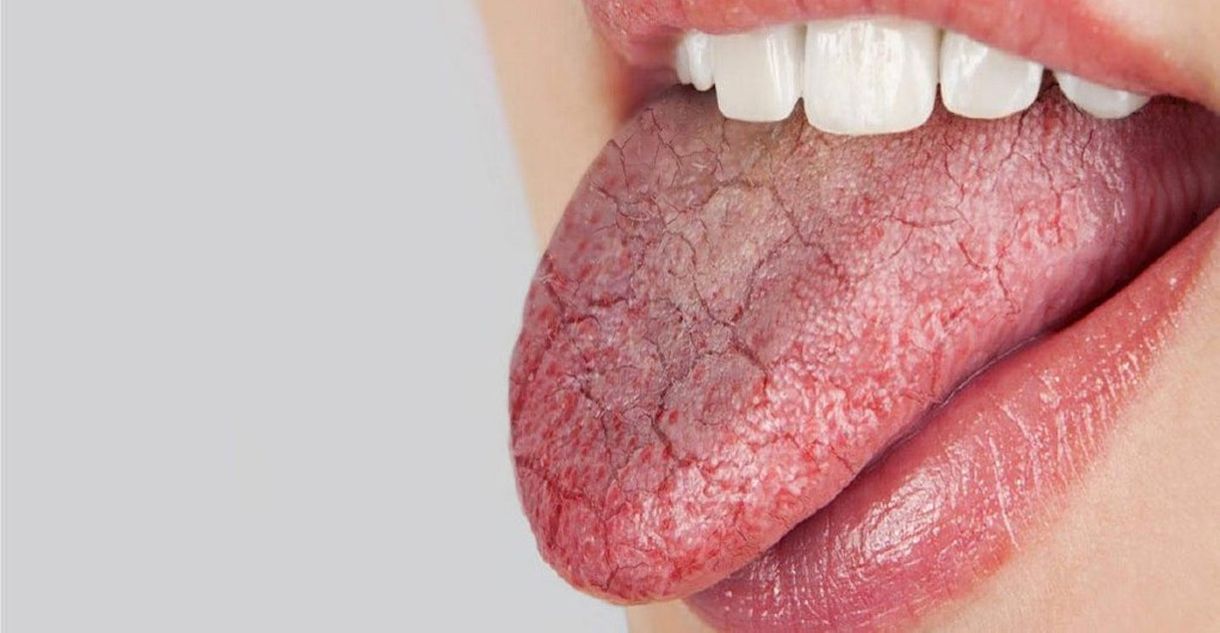What Causes Halitosis (Bad Breath)?
Xerostomia (Dry Mouth)

One common trend represented in each cause of bad breath discussed so far is the contribution of dry mouth. Medically called xerostomia, dry mouth is the feeling often described as cottonmouth. When the mouth becomes dry, it can also feel rough, which is similar to having a cotton ball in the mouth. Mouthrinses are typically the first treatment for dry mouth many individuals opt to use. There are countless good options available, but individuals should avoid anything alcohol-based, as this can lead to further dry mouth and halitosis.
Uncover details on the next potential cause of bad breath now.
